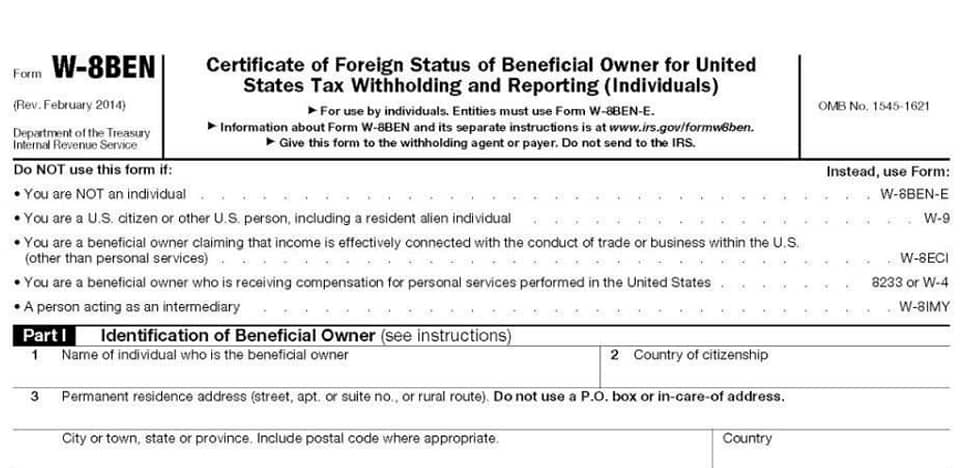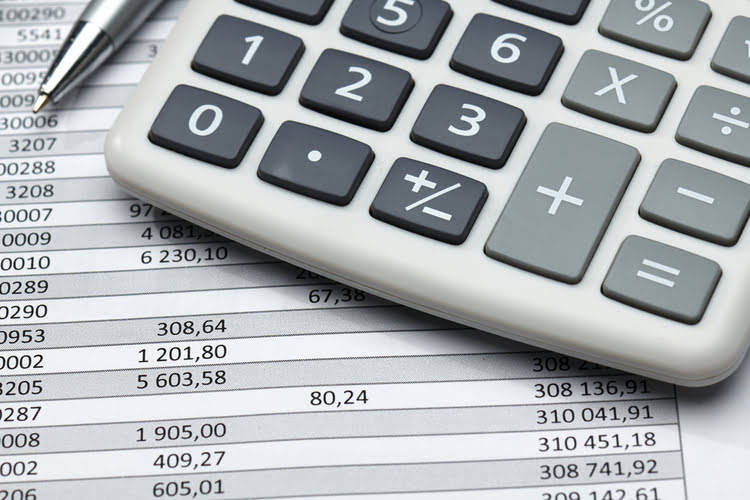Additionally, accurate financial records are necessary for lodging tax returns with the Australian Taxation Office (ATO). Filing tax returns on time is crucial for avoiding penalties and staying compliant with Australian tax laws. As a sole trader, you’ll need to file an annual individual income tax return that includes details of your business income and expenses. You may also need to lodge quarterly BAS statements if registered for GST.
- When you register as a sole trader with HMRC, you will be automatically enrolled to complete the Self Assessment Tax Return each year.
- First and foremost, keeping accurate records is essential for making informed decisions about your business.
- It involves matching the transactions recorded in your bookkeeping system with those on your bank statement.
- An experienced accountant or bookkeeper can assist with setting up effective bookkeeping systems, provide guidance on tax obligations and assist with filing tax returns on time.
- Cloud accounting software is a great tool for sole traders wanting to stay on top of their accounts.
- Technology is constantly evolving, and it’s important to keep your bookkeeping software up to date.
This will make it easier for you to manage your accounts and bookkeeping as a sole trader. As a bookkeeper for your sole trader business, you must record the PAYE and National Insurance details accurately and keep them for three years from the tax year-end they are incurred. Your accountant (if you have one) will need a full set of your accounts showing https://www.bookstime.com/ your sole trader income and expenditure, from which they can work out your tax liability. You’ve got to handle business expenses, understand your tax responsibilities, and ensure you follow the HMRC’s digital submission rules. Travelling costs related to running your sole trader business include parking, fuel, train fares and hotel stays.
Guide on sole trader accounts and bookkeeping
Remember to consult HMRC resources for detailed information on tax and National Insurance for the self-employed to ensure compliance with the latest regulations. Spreadsheets can be a practical solution for this if you prefer a hands-on approach and want the flexibility to create your own invoices. However, it is worth noting that spreadsheets may have limitations in terms of functionality and reporting capabilities.
Alternatively, many business owners choose to use commercial bookkeeping software. These tools offer a range of features such as expense and income tracking, invoice creation, and automatic bank account feeds. Now any VAT-registered business, including sole traders, must submit all VAT returns digitally and keep records with cloud accounting software. There can be a lot of record keeping for sole traders to stay on top of, so bookkeeping software can make keeping accurate records easier. So, as you can see, there are plenty of options for sole traders to help keep their accounting in order. Whether you use an Excel spreadsheet, bookkeeping template or online accounting software, it’s important to ensure that all records are kept up-to-date and secure.
See advice specific to your business
Also, provide a short summary at the top of each document describing its contents in detail. Once you’ve developed a budget, monitor your actual accounting for sole trader performance against it regularly. Reviewing your results regularly allows you to make adjustments as needed and maintain financial stability.
- Keeping accurate records of assets allows for better planning when it comes time for maintenance or replacement.
- To begin your journey as a sole trader, the first step you’ll need to take is to register with HM Revenue and Customs (HMRC).
- HMRC can visit your business to check your financial records, and if they’re not accurate and complete – there can be financial penalties.
- By conducting a regular profit and loss analysis, owners can identify areas where they may be overspending or undercharging clients.
- It also aids in identifying trends that influence long-term profitability by recognizing where potential losses occur so you can take necessary corrective actions like write off bad debt.
- Look for software that has those features included or allows integrations with other programs.
Most small businesses start as sole proprietorships and evolve into different legal structures as time passes and the company grows. Small teams allow sole traders to have more informal accounting processes versus corporations. However, growth requires the implementation of more rigorous accounting systems. Unlimited liability – Unlike incorporated entities, the sole trader’s liability is unlimited. An individual who owns and operates their business as the sole proprietor is a sole trader. This means they alone operate the business and retain all profits and losses.
Easy and intuitive bookkeeping software for sole traders
If you are a customer with a question about a product please visit our Help Centre where we answer customer queries about our products. When you leave a comment on this article, please note that if approved, it will be publicly available and visible at the bottom of the article on this blog. For more information on how Sage uses and looks after your personal data and the data protection rights you have, please read our Privacy Policy.


